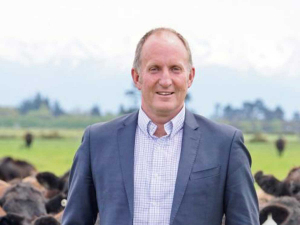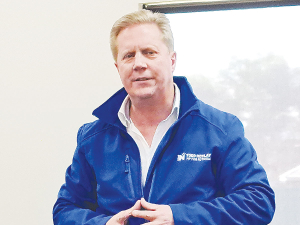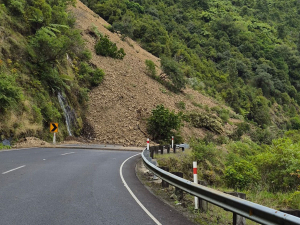OPINION: We're pleased the recent Agreement in Principle (AIP) has been signed between New Zealand and the United Kingdom.
It will significantly benefit farmers, processors, exporters and the New Zealand economy through greater export revenue once the Free Trade Agreement deal is signed and ratified.
It's taken some time, and a lot of hard work by B+LNZ on farmers' behalf, in partnership with the MIA to get to this point. We're very excited about this important milestone in substantively concluding the negotiation of an FTA between the two countries.
The AIP represents a significant boost for New Zealand's red meat sector providing improved access for high-quality New Zealand beef and more certainty for sheepmeat exports.
The deal, once signed and ratified, will result in New Zealand beef and sheepmeat exports initially entering the United Kingdom under a tariff rate quota (TRQ) regime.
For beef, this will start at a 12,000 tonne quota, with a zero in quota rate (compared to the 454 tonne quota we have today). This will save New Zealand farmers around $44 million a year in tariffs each year from year one.
The volumes will then rise to 60,000 tonnes over 15 years, after which unlimited quanitites of beef will be able to enter the UK tariff and duty free.
For the first 10 years any beef exported over the quota will be subject to full tariffs of up to 70%. For years 11-15, any beef exported over the safeguard will only attract a tariff of 20%.
For sheepmeat, New Zealand already have access of 114,000 tonnes through our quotas at the World Trade Organisation. This FTA will give us an additional quota of 35,000 tonnes for the first 4 years, after which it will rise to a further 50,000 tonnes. Like beef, after year 15 we will have tariff and duty free access for unlimited quantities.
Co-products - such as processed meats, petfood and offals - will have tariffs eliminated at entry when the deal comes into force, meaning further value can be added to the carcass. This will flow back through processors and into farmers' pockets.
Following the UK leaving the EU, New Zealand's 1300 tonne beef quota was split between the UK and the EU, leaving New Zealand with only 454 tonnes of beef access into the UK. Outside of this quota, New Zealand beef exports attracted tariffs of up to 70%, meaning virtually no out of quota trade occurred. This announcement is a significant improvement on that access. Improved access will allow companies to deepen and expand relationships, and crucially, compete on a level playing field with our international competitors.
It allows British consumers access to best in-season products all around. Particularly during busy periods such as Easter and Christmas, which fall during the United Kingdom's off-season meat production window.
We understand that there is significant demand for New Zealand beef in the UK. With this new and improved access, companies will be able to build commercial relationships. Previously, beef quota volumes were too small for year round supply meaning this was not possible.
Farmers consistently tell us that market access is one of the most important priorities they want Beef + Lamb New Zealand (B+LNZ) to work on. B+LNZ in collaboration with the Meat Industry Association (MIA), have been part of intensive negotiations over several years to engage with and support the Government on this agreement and we are really pleased with the outcome today.
Andrew Morrison is chair of Beef+Lamb NZ.



















